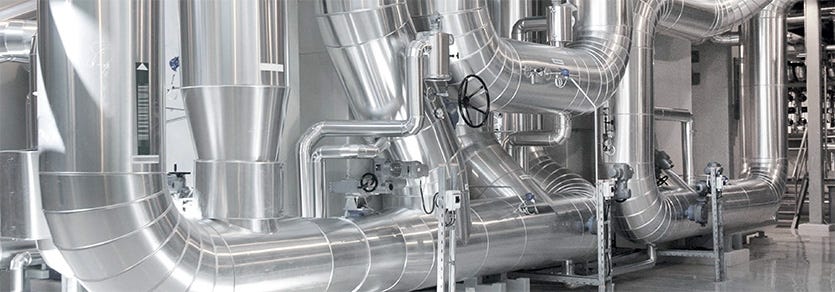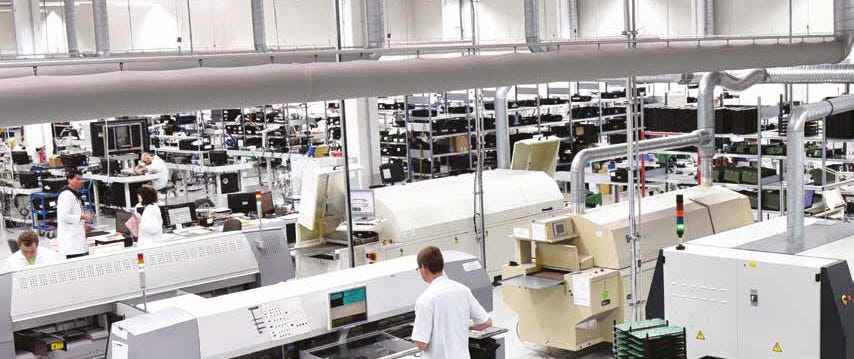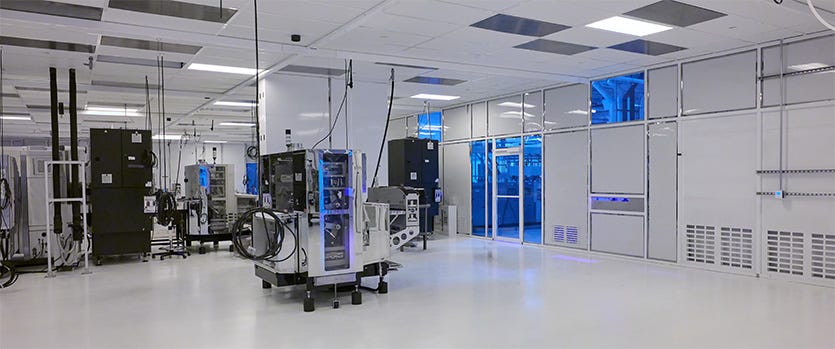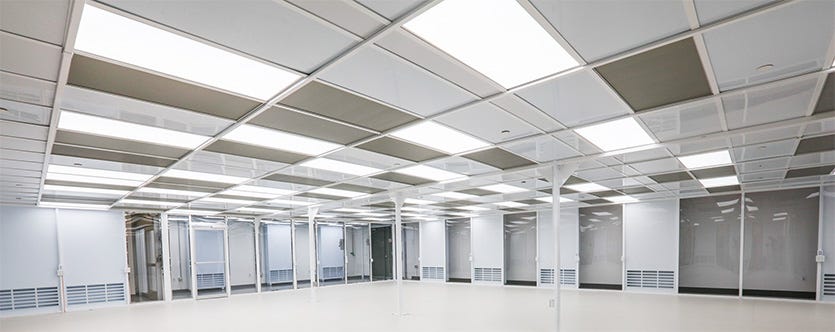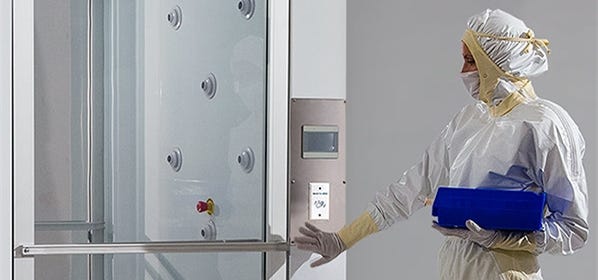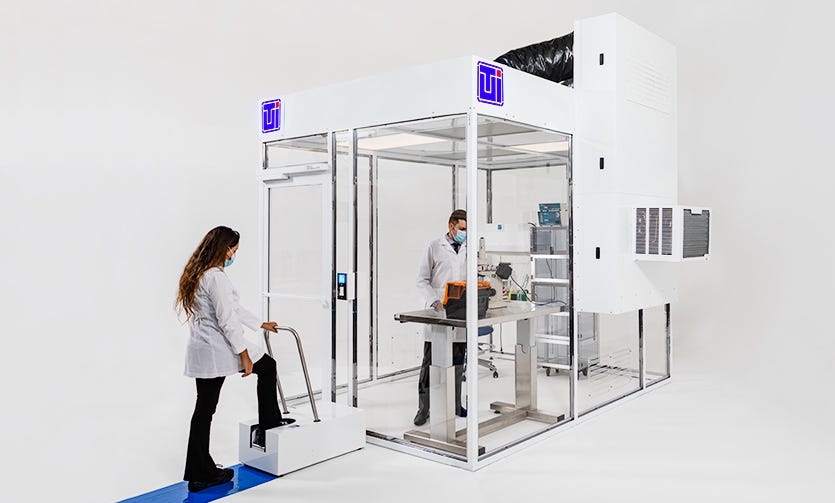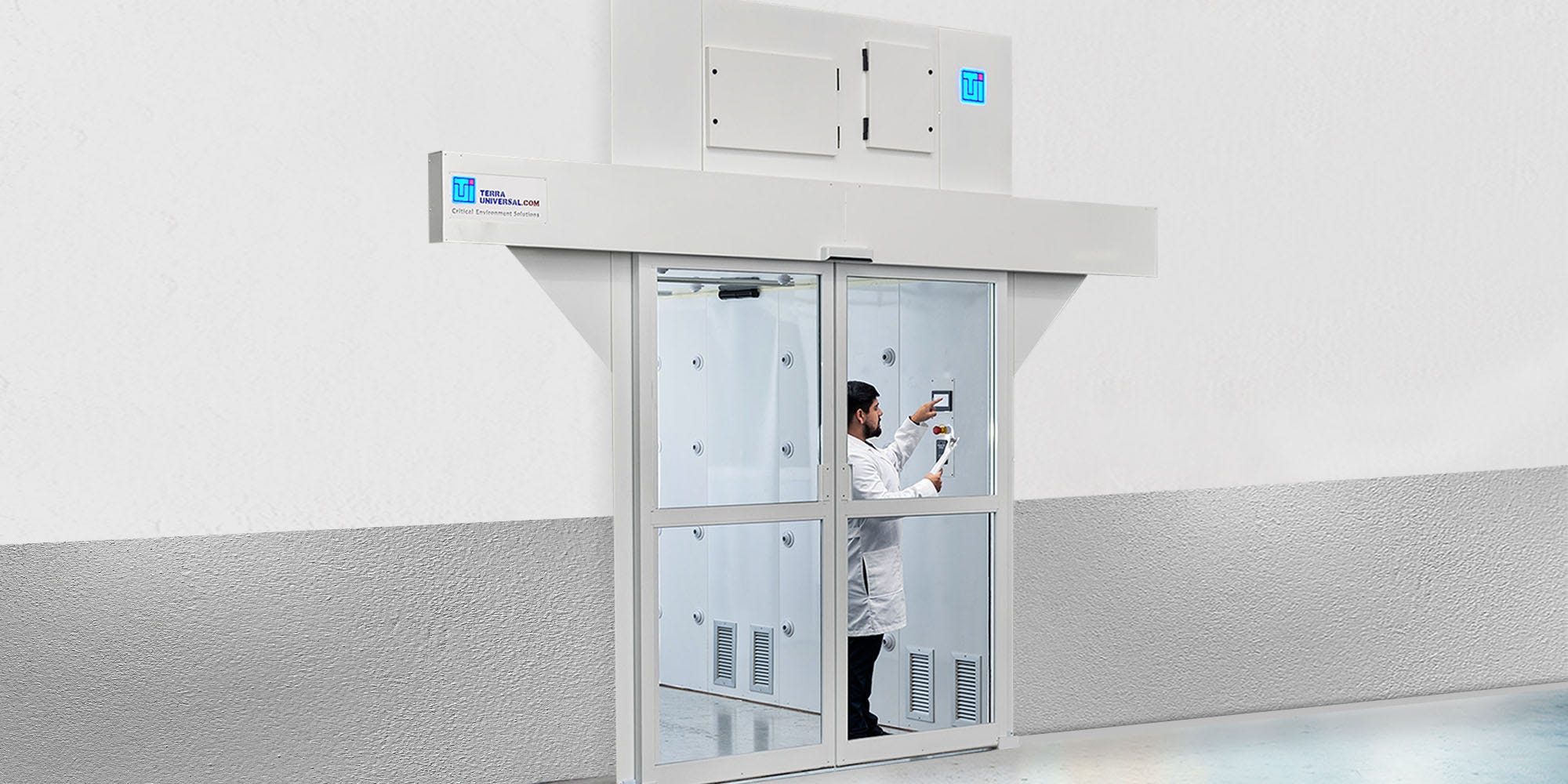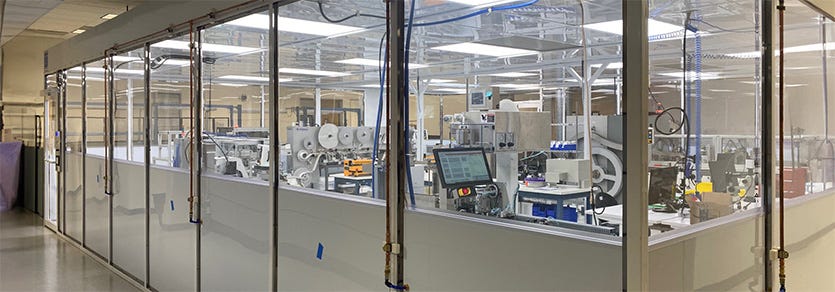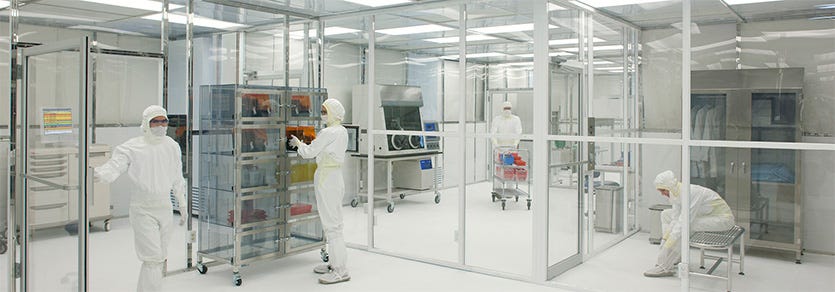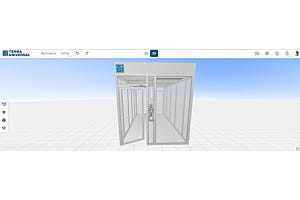- +1 (714) 578-6100
Hours Mon - Fri, 07:00 AM - 06:00 PM (Pacific Time)
Cleanrooms
-
Posted: April 09, 2024Read more »
Desiccant dehumidifiers are essential for maintaining accuracy and stability within a clean room. The accuracy and stability of humidity levels are critical, which is why desiccant dehumidifiers are preferred due to their ability to control humidity levels with a high accuracy of +/-2% RH.
-
Posted: April 04, 2024Read more »
In critical cleanroom sectors like pharmaceuticals, biotech, and electronics, precise humidity control is essential for protecting equipment, process consistency, and components. This post examines several high-performance attributes of cleanroom humidifier systems offered by Terra Universal.
-
Posted: March 20, 2024Categories: CleanroomsRead more »
Terra Universal is California's leading manufacturer in the design and fabrication of cleanrooms and controlled environments. Additionally, we provide a full suite of services to help you navigate complexities during the validation, certification, or qualification of a new facility build.
-
Posted: March 15, 2024Categories: CleanroomsRead more »
Terra's browser-based cleanroom designer app allows for custom cleanroom planning and design. This DIY tool enables users to design and conceptualize their cleanroom in a few easy steps, and immediately generates a quote for the assembled enclosure. Emphasizing collaboration and efficiency, users can share their cleanroom designs with peers and colleagues. This functionality simplifies feedback collection and consensus building while moving toward a final design.
-
Posted: March 14, 2024Categories: CleanroomsRead more »
On average, Terra Universal designs over 500 cleanrooms annually. Over the last six years, that equates to the successful construction of over 2,100 cleanroom environments. When it comes to sourcing a cleanroom design provider, experience is a trademark of a timely and successful cleanroom build. Here, we'll outline a variety of starting points to kick off your cleanroom design journey including DIY tools, cleanroom design principles, Terra's design philosophy, and solutions for common cleanroom construction challenges.
-
Posted: January 29, 2024Read more »
Microbial Contamination Sources in Controlled Environments
Microbial contamination is a significant concern in life science cleanrooms, where maintaining aseptic conditions is critical for the reliability, validity, and safety of personnel and patients in research pursuits.
Microbial contamination can arise from many sources, including spoiled reagents, non-sterile consumables, and improperly disinfected equipment. However, the two main sources of contamination in biomedical and pharmaceutical cleanrooms are airborne microbes and personnel. Microbes present in the air, such as bacteria, fungi, and viruses, can be accidentally introduced into the cleanroom and settle on work surfaces. Cleanroom personnel can unintentionally introduce contaminants into the cleanroom through skin shedding, respiratory droplets, and contact with contaminated surfaces.
Cleanroom Door Systems and Contamination Prevention
-
Posted: December 18, 2023Categories: CleanroomsRead more »
This article provides an overview of Terra's cleanroom air conditioning, humidity control, and exhaust systems, showcasing a range of products designed to maintain temperature and humidity in cleanrooms and other controlled environments.
-
Posted: October 26, 2023Read more »As the global automotive market steers steadily towards electrification, the Electric Vehicle (EV) battery industry is expected to reach 18 million new shipments in 2024. Market data underscores a consistent growth in shipments across all vehicle categories, with cars constituting the bulk of the shipments each year.
-
Posted: September 22, 2023Read more »
In accordance with the ISO 14644 standards, ISO Class 7 cleanrooms represent a highly controlled environment that is engineered to maintain specific cleanliness values. The enclosed system encompasses ceiling-mounted fan filter units (FFUs) that generate a continuous supply of HEPA or ULPA-filtered air. In this article, we'll cover top-level considerations and standards for ISO 7 cleanroom design and construction. Additionally, we'll explore general principles for ISO 7 standards including particulate levels, ACH requirements, and equipment-based considerations among several unique applications.
-
Posted: September 20, 2023Read more »
Under ISO 14644-1, an ISO 6 cleanroom is a controlled environment that must maintain specific levels of air quality. Adherence to these limits is typically assessed using multi-channel particle counters, which measure the number of particles in the air at many different sampling points across the cleanroom.



